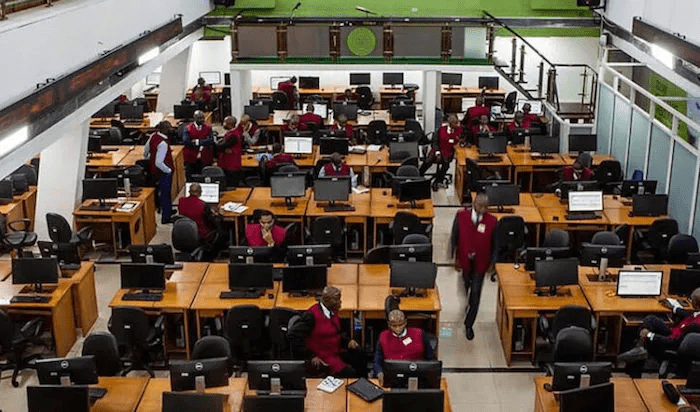By Ugo Inyama
Nigeria’s digital frontier just got sharper teeth.
With the full activation of the amended Cybercrimes (Prohibition, Prevention, etc.) Act in July 2025, the Federal Government has drawn a clear line in the sand: online lawlessness, be warned. But behind the strong legal language lies a deeper debate—is this law a bold defence against digital chaos or a potential weapon against free speech?
A Law With Power and Punch.
Originally passed in 2015, the Cybercrimes Act was designed to tackle a rising tide of online fraud, identity theft, cyberstalking, and financial scams. The 2024 amendment, now in force, significantly expands its scope. Key provisions include:
• Jail terms for unauthorised access to digital devices
• Fines and imprisonment for spreading false information online
• Criminal liability for group admins who fail to moderate illegal content
• A new 0.5% cybersecurity levy on digital transactions
• Mandatory KYC using National Identity Numbers (NINs) for online finance
• Protection against cyberbullying, revenge porn, and digital blackmail
In short, Nigeria now has one of the most comprehensive cybercrime frameworks in Africa.
Global Applause… and Alarm Bells.
Globally, the move has drawn a mixed reaction. Many experts and security agencies applaud Nigeria’s attempt to bring structure and order to its fast-expanding digital landscape. At a time when cyberattacks cost African economies billions annually, the law sends a message: Nigeria won’t be a playground for hackers and scammers.
International partners like INTERPOL and the UNODC have encouraged African nations to bolster cyber laws, especially with the explosion of fintech, mobile banking, and digital communication tools.
But the celebration is not universal.
Digital rights groups, including Paradigm Initiative, Access Now, and Amnesty International, have raised red flags. Their concern? That vague and loosely worded provisions in the Act especially those dealing with “cyberstalking”, “offensive content”, or “fake news”—could be used to stifle dissent, muzzle journalists, and criminalise ordinary citizens for expressing opinions online.
Who’s Watching the Watchers?..
The most contentious parts of the law are those that put group admins on the hook for user behaviour and criminalise unauthorised recordings—even in cases where whistleblowing or public interest is involved. Add to this the increased powers of surveillance and monitoring, and the law starts to feel less like a shield and more like a sword.
What happens when someone posts a politically sensitive video in a WhatsApp group you admin? Could you be held liable? The law suggests yes.
That has alarmed global observers, who say Nigeria must avoid sliding into the category of countries that use cyber laws to consolidate control rather than protect citizens.
Sovereignty or Suppression?.
Nigeria, like many nations in the Global South, is asserting digital sovereignty—a pushback against foreign data mining, external cyber threats, and the West’s monopolisation of tech governance. That’s understandable. But sovereignty must come with accountability. Otherwise, the same law that’s meant to protect citizens from digital harm could be used to harm digital citizens.
Where Do We Go From Here?
The Cybercrimes Act isn’t going anywhere. But if Nigeria is serious about its digital future, it must ensure the law evolves with strong judicial oversight, clear guidelines, and transparency in enforcement.
The world is watching not just to see if cybercrime drops, but whether Nigeria can show that security and civil liberties aren’t enemies—they’re partners in a truly digital democracy.
Valete ad Tempus
*Ugo Inyama, Commentator on Africa Affairs, Digital Governance and Strategy. writes from Manchester UK.


